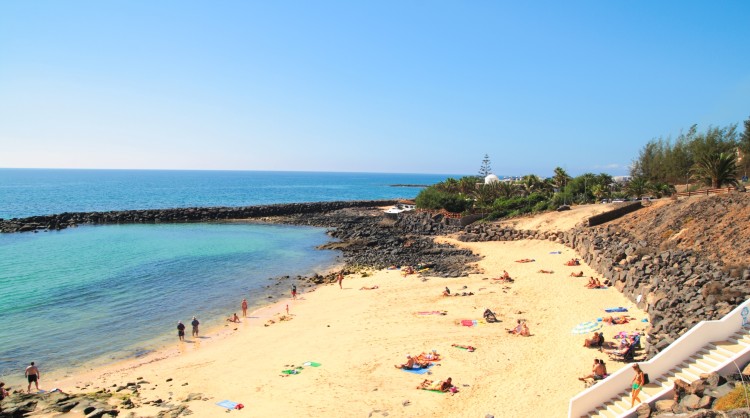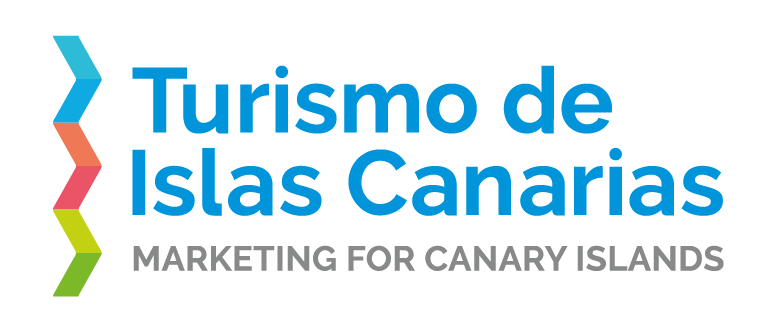
- English
- Español
64% of tourist surveyed predict they will return to the islands in 2020 and 92% express their confidence in returning

According to results from the survey that Turismo de Islas Canarias is carrying out with tourists who have visited any one of the archipelago’s islands on more than one occasion, in order to find out their level of confidence of returning to the destination, 64 % of those surveyed intend to come back to the islands in 2020. Nationalities to stand out on this issue include the Spanish (72 %), followed by the Danish (70 %), Dutch (69 %), French (68 %), closely followed by Germans, English, Italians, Norwegians, Russian, Swedish and Finnish.
In addition, the low infection rate in the Canaries and the good management of the pandemic generate sufficient confidence for a huge percentage (92 %) to say they will be returning, while the implementation and reviewing of safety protocols exert a certain amount of influence over the decision for visitors to reserve holidays (standing at 7.7 in a scale of between 1 and 10). In addition, the tests being carried out in visitor and destination markets obtain a score of 7.4 points in terms of having greater confidence in travelling, again with the Spanish (8.2) leading the way, followed by the Danish and the Germans.
A sample of 31,630 travellers
The work field of this survey was developed between June 8 and 28, and comprised a sample of 31,630 travellers who already knew the Canaries, having stayed on the islands on previous occasions.
The survey was put together in 11 different languages (German, Danish, Spanish, Finnish, French, Dutch, English, Italian, Norwegian, Russian and Swedish), and participants had to answer 12 questions on several different aspects regarding their intention to return to the islands, including: whether the fact the islands are one of the places in Europe with the lowest infection rate encourages them to return; the peace of mind of knowing that protocols have been implemented and how these have influenced their decision to book their trip; the importance of preventive measures such as tests or the use of masks; and the type of accommodation they prefer or the transport and leisure activities they consider most suitable.
Change of preference in accommodation type
These first results also reflect a change in preference for the type of accommodation chosen compared to bookings made prior to the COVID-19 outbreak. In this regard, there has been an increase in the desire to stay in apartments (27.4 % previously; 31 % now), rental property (7.9 % previously; 9.8 % now), while those choosing hotels dropped slightly (56.8 % previously; 49.9 % now).
Many of the tourists in the survey were also inclined to modify their behaviour as to their leisure and entertainment activities (attending events, night life, excursions, shopping, sports activities…), and not so much so in restaurants, beaches and golf. Meanwhile, the type of transport they would choose would be a hire car (49.2 %), followed by taxi (33.4 %) and bus (17.4 %). In addition, on this subject, 80.3 % consider it necessary to wear a mask on collective transport. 75.2 % also consider it important that customer service staff wear them too.
Social distancing, gel and masks
The survey includes open questions as to what three protective measures against COVID-19 would increase their perception of safety at the holiday destination. In general terms social distancing is considered the most important, as is the use of gel and masks. Other measures include PPE, cleaning, shield panels, disinfection, capacity limits at venues, hygiene, tests, civil behaviour, vaccine, accommodation with no buffet, apps, gloves and visors.
The work includes specific references made by those surveyed with reference to safety measures, the highlights being frequent deep cleaning that they could be see being done; there being disinfectant dispensers in communal areas, businesses, restaurants, and so on; having pamphlets, information boards, signposts etc., pointing out existing protocols they should be adhere to; generalise online bookings, from sun-loungers to tables in restaurants, and even having places assigned during their stay, including sun-loungers or tables, and avoiding as much as possible queues and waiting times in communal areas. They trust in people’s civil behaviour, although they see having monitors present as desirable. They are more concerned about flying than the destination itself, and they fear having to go into quarantine when returning to their home country, and even request a repatriation guarantee. Some suggested the convenience of monitoring and locating tourists and they consider a delicate subject to be foods to be consumed and their handling.
New market niches
The final questions in the survey sought to learn about new market and segment niches that may be more attractive following the COVID-19 pandemic than more traditional ones. 47.2 % responded that they consider teleworking as an opportunity to spend part of the year in the Canaries. Indeed, interest in this option is highlighted in all age groups and, moreover, 68.4% showed interest in spending long periods of time on the islands when they retire, with the Italians feeling this way the most (86.3 %), followed by the Germans (72.8 %) and Spanish (71.5 %), but even people from young 16-year-olds through to 64-year-olds expressed this desire to live in the archipelago as soon as they retired, demonstrating that it is what thousands of Europeans aspire to, regardless of their age.









 Return
Return